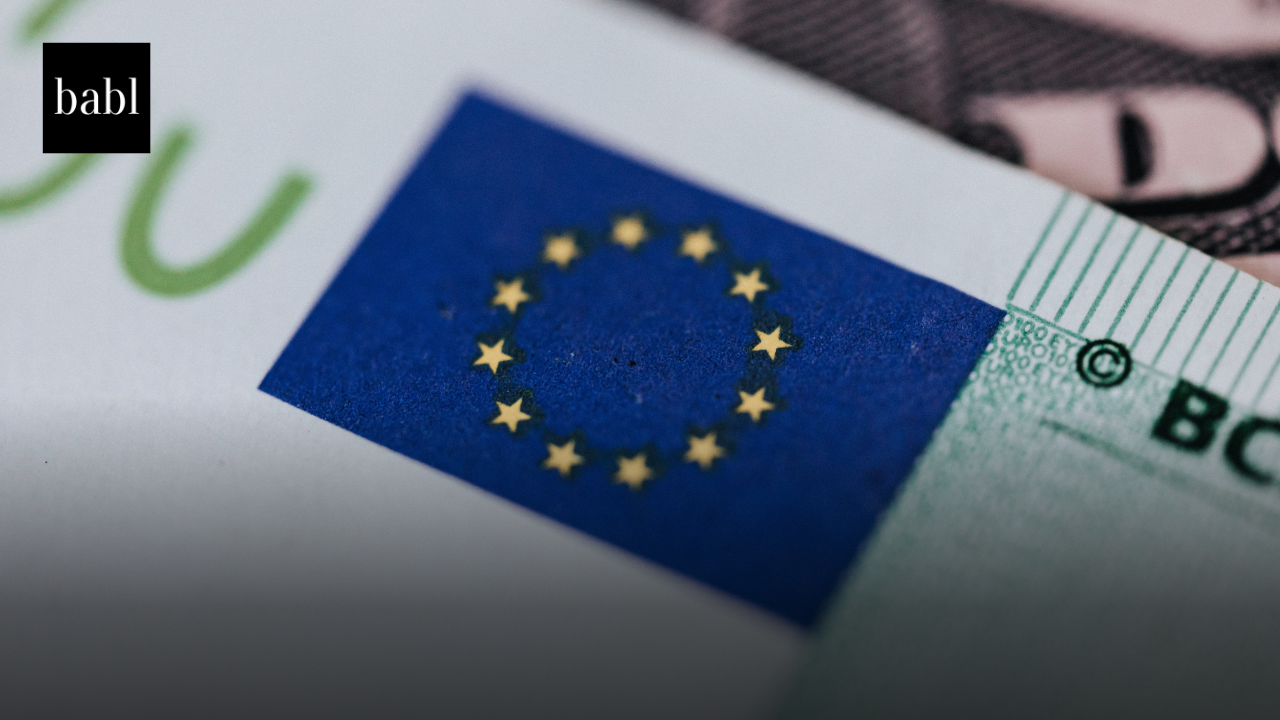UPDATE — SEPTEMBER 2025: Since the European Council endorsed the European Court of Auditors’ (ECA) May 2024 findings in its November 2024 conclusions, the EU has moved decisively to turn recommendations on stronger governance and targeted AI investment into action. The most significant milestone came in May 2025, when the EU AI Act formally entered into force, establishing binding timelines for compliance between 2026 and 2027. In tandem, the European AI Office began operations in June 2025, tasked with coordinating enforcement, monitoring high-risk AI systems, and harmonizing implementation across member states—directly addressing the ECA’s concerns about fragmented governance.
On the investment front, the European Commission announced in spring 2025 a substantial increase in Horizon Europe funding for AI research and innovation (R&I), targeting areas such as trustworthy AI, energy-efficient systems, and Europe’s sovereign computing capacity. Complementing this, the Digital Europe Programme (2025–2027) launched calls for large-scale testing facilities, including foundation and generative AI experimentation hubs. These initiatives reflect the Council’s call to pair competitiveness with sustainability, ensuring that growth in AI capacity does not undermine environmental or supply-chain resilience.
Internationally, the EU has intensified engagement with key partners. In July 2025, the EU–U.S. Trade and Technology Council dedicated a full track to AI governance and compute infrastructure, echoing the Council’s concerns on global competitiveness and supply chain dependencies. The EU has also taken leading roles in the Global Partnership on AI (GPAI) and the G7 Hiroshima AI Process, aligning global strategies on safety, innovation, and infrastructure.
Finally, the European Commission in September 2025 opened consultations on AI performance and impact monitoring indicators. These proposed metrics aim to track the effectiveness of AI investments and R&I projects while avoiding undue administrative burdens on member states and beneficiaries—precisely the balance urged by the Council.
ORIGINAL NEWS POST:
European Council Endorses Measures to Bolster EU AI Ambitions
The European Council has approved conclusions responding to a European Court of Auditors (ECA) report that calls for stronger governance and targeted investments to enhance the European Union’s artificial intelligence (AI) ambitions. The decision underscores the EU’s commitment to scaling up AI investments, fostering collaboration, and solidifying its position as a global leader in AI innovation and governance.
The Council agreed with the ECA’s findings that the EU must significantly increase AI investments and improve access to digital infrastructure. To remain competitive on a global scale, the Council emphasized the importance of fostering talent and building an AI ecosystem characterized by excellence and trust.
Beyond economic competitiveness, the environmental impact of AI systems and high-performance computing was highlighted as a critical consideration. The Council stressed the need for policies promoting energy-efficient AI technologies and securing a reliable hardware supply chain to support sustainable growth in the sector.
The Council emphasized the importance of close collaboration between EU member states and international organizations to maximize the impact of AI investments. It urged the European Commission to intensify information sharing with the Council and preparatory bodies to align strategies and maintain the EU’s active engagement in international AI discussions.
The Council concurred with the ECA’s recommendation for measurable performance indicators to assess the success of AI research and innovation (R&I) projects. However, it warned that such metrics should not create additional burdens for member states, beneficiaries, or implementing bodies. Instead, these indicators should be designed to support the overall objectives of AI projects without hindering their development.
The Council’s conclusions build upon insights from the ECA’s May 2024 report, EU Artificial Intelligence Ambition – Stronger Governance and Increased, More Focused Investment Essential Going Forward. The report evaluated the effectiveness of EU actions between 2018 and 2023, highlighting the need for enhanced coordination and evaluation mechanisms for AI research and innovation.
While the European Commission has increased funding for AI R&I, the ECA found that the financial support lacked a robust performance monitoring framework. Additionally, the ECA noted that the EU’s regulatory and coordination frameworks were still evolving, limiting their impact on member states.
Need Help?
If you have questions or concerns about any global guidelines, regulations and laws, don’t hesitate to reach out to BABL AI. Their Audit Experts can offer valuable insight, and ensure you’re informed and compliant.





